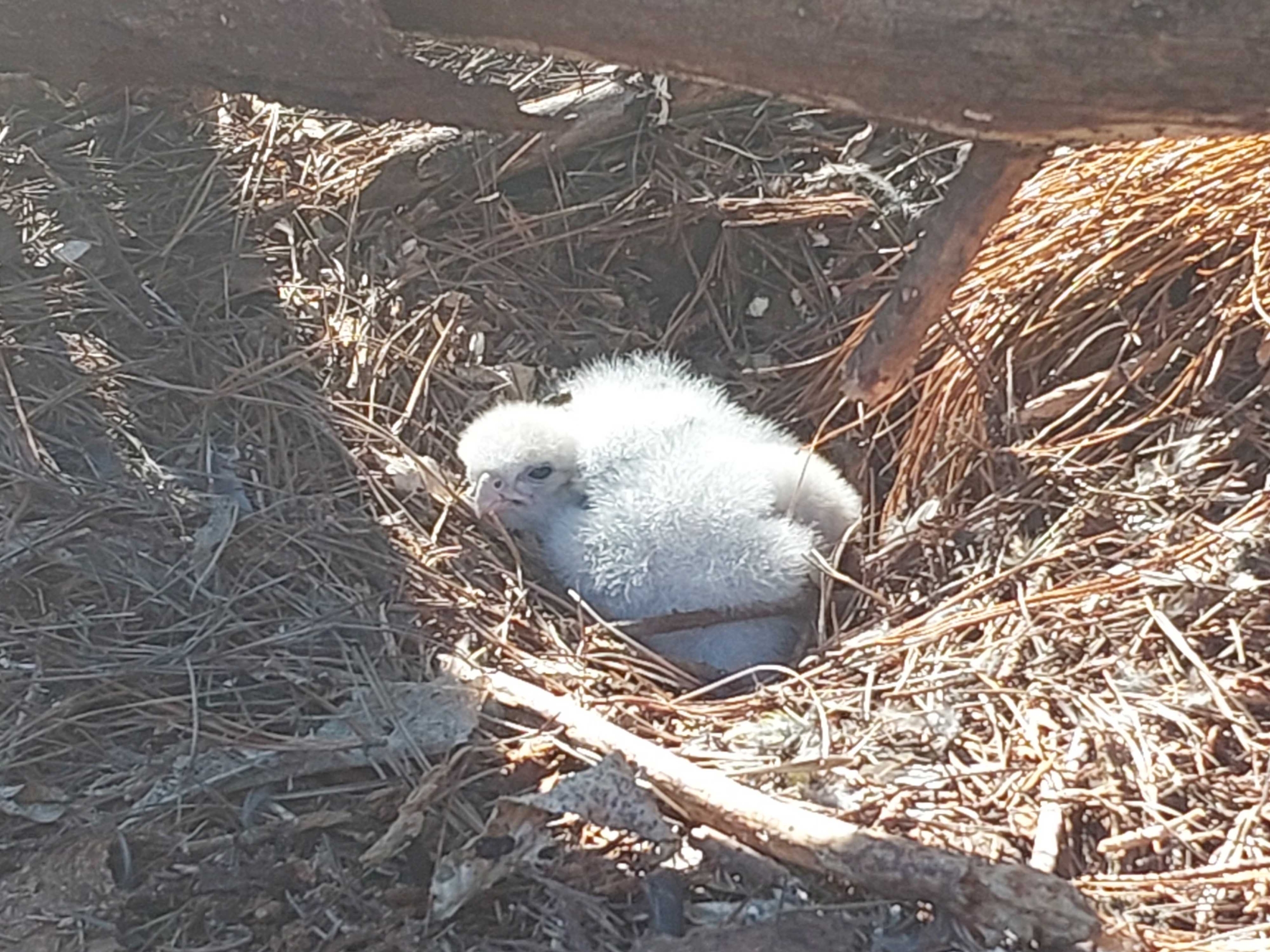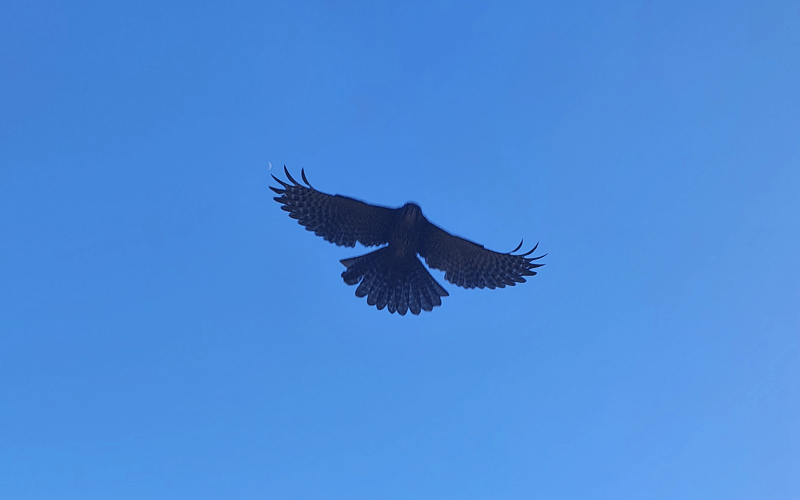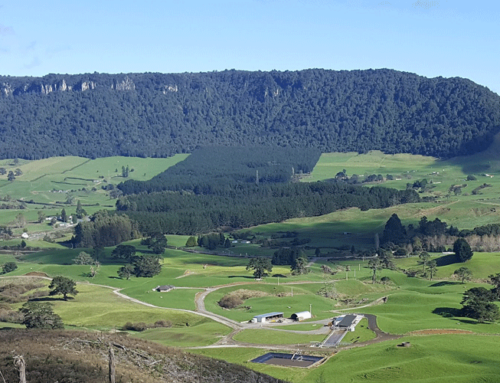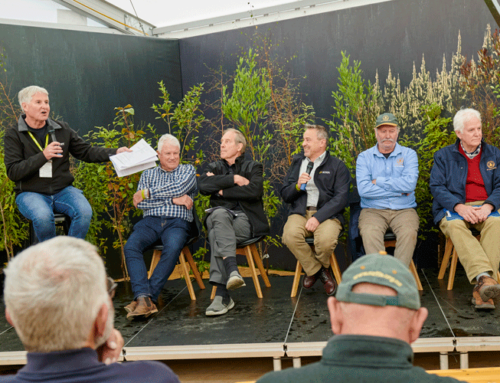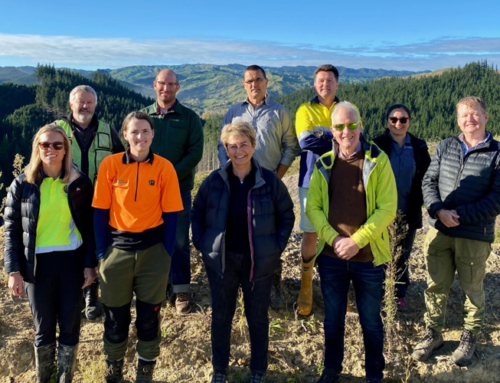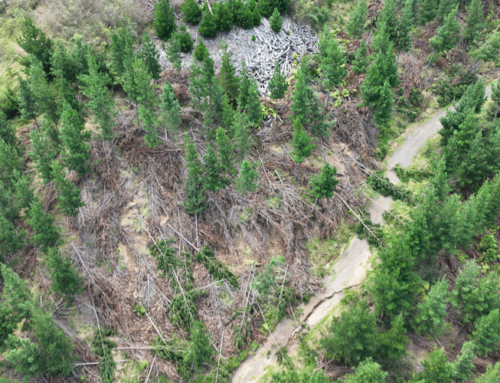Lucy Cooper, WAIRARAPA TIMES-AGE 21 December 2023 – A pair of kārearea [native falcon] chicks have had a lucky escape from a logging operation in Erindale Forest, managed by Forest Enterprises, near Castlepoint.
Logging contractors were working in the forest recently when they were “swooped” by two adult falcons, Forest Enterprises harvest manager Tom Otterson said.
Realising something was amiss, a digger operator took a closer look and found a nest with two chicks among a stand of trees earmarked to be felled.
“He was supposed to be felling all those trees but, obviously once he found them, we pulled the pin,” Otterson said.
Kārearea are particularly vulnerable to predators – including diggers – because they nest on the ground.
Forest Enterprises’ protocol when threatened and endangered species are found on site is in line with the New Zealand Forest Owners Association, Otterson said, and includes avoiding any operations around nest sites and looking for falcons in likely areas.
The chicks will be left to mature, and felling will not restart until they have left the nest, he said.
Halting operations until the chicks have fledged is “certainly an inconvenience”, Otterson said, “but we are more than happy to do it because of the birds.”
The digger driver who located the nest was “pretty chuffed”.
“You do see the parents around every now and then, but they are rare. They were happy to protect them and just say, ‘We’ll figure out another plan’.”
Ronnie Priest, senior community ranger with the Department of Conservation [DoC], said the adult falcons’ response to the contractors is typical of kārearea.
“They will generally only attack if you are near their nest, which they will defend incredibly fiercely. They will get increasingly aggressive the closer you get to their nest and may start dive-bombing people from up to 400 metres away. In that way, they are really good parents!”
Unfortunately, however, they are not as good at keeping smaller predators like stoats and cats away, so chicks are prone to predation.
“The parents will watch for big threats from a tree but because they are a ground-nesting bird, smaller threats can sneak along under foliage undetected. They’re also meat eaters, so the nest usually has a strong smell, which attracts the wrong type of attention.”
Priest is pleased with the approach Forest Enterprises has taken.
“They have absolutely done the best thing for the chicks by leaving them to complete their breeding,” he said.
“The best thing you can do if a kārearea swoops at you is to move away and take an alternative route or stop any planned work in the area.
“The chicks will fledge within a few weeks, and once they are no longer guarding their babies the parents will leave you alone.”
ENDS
